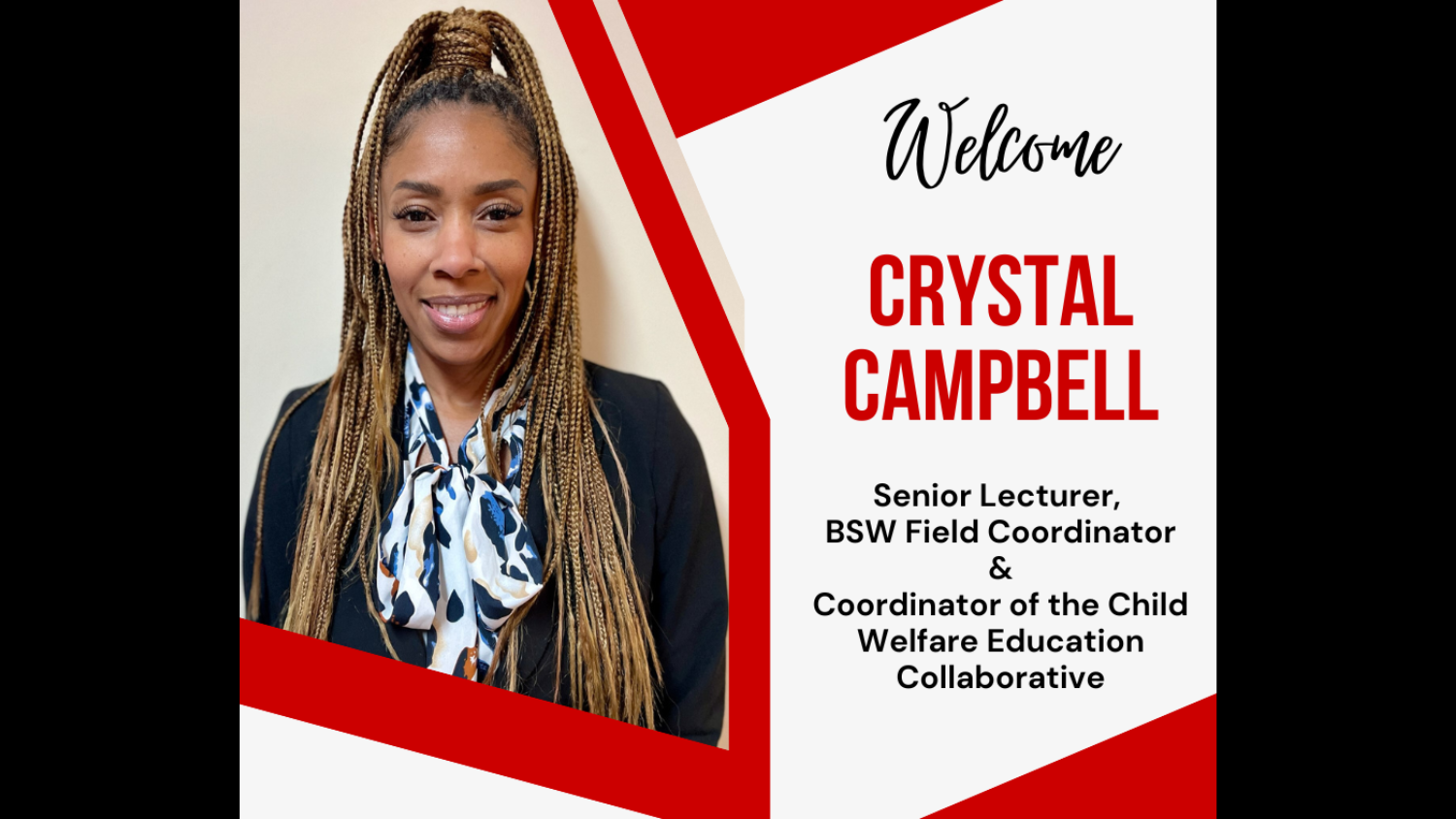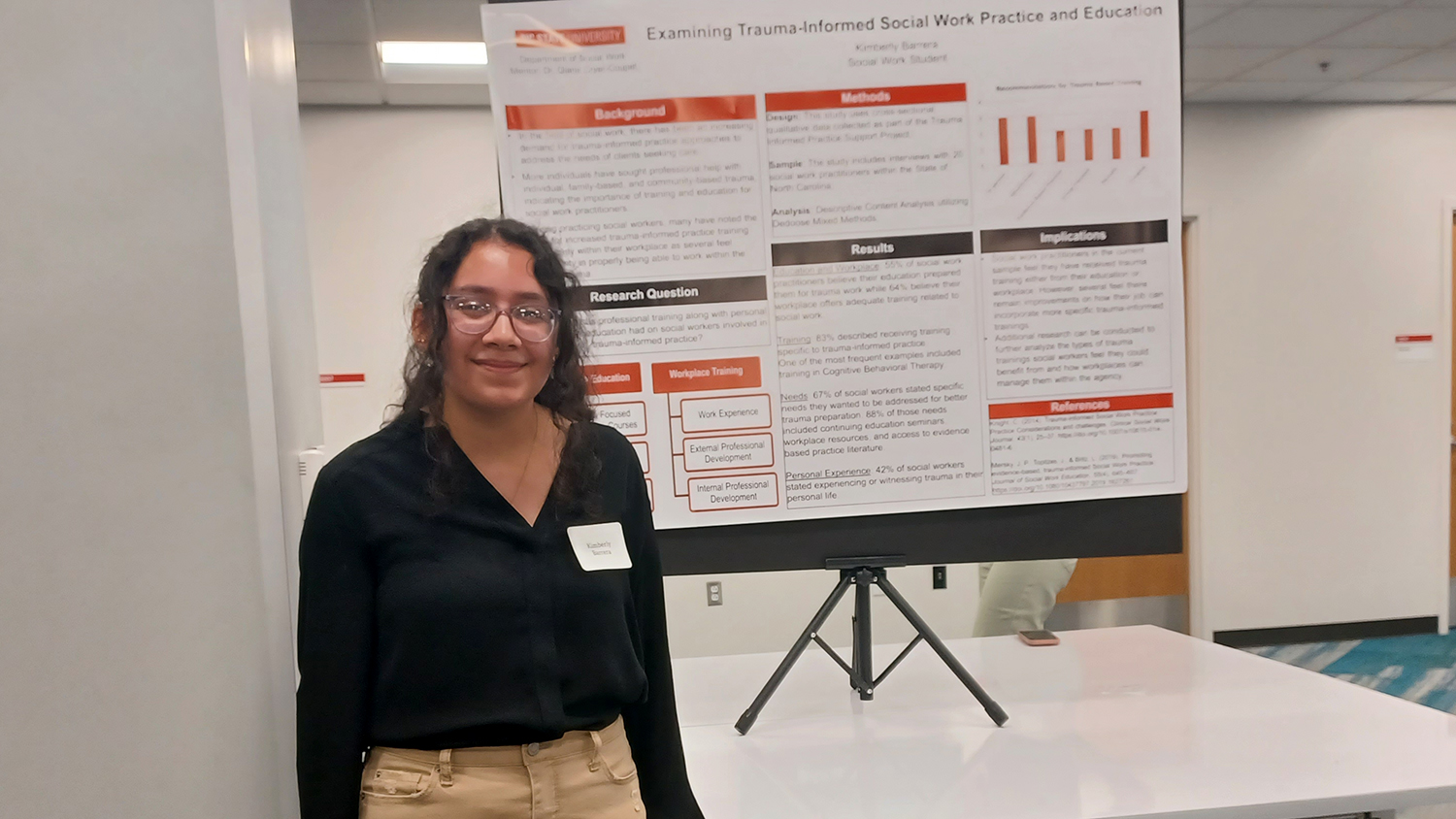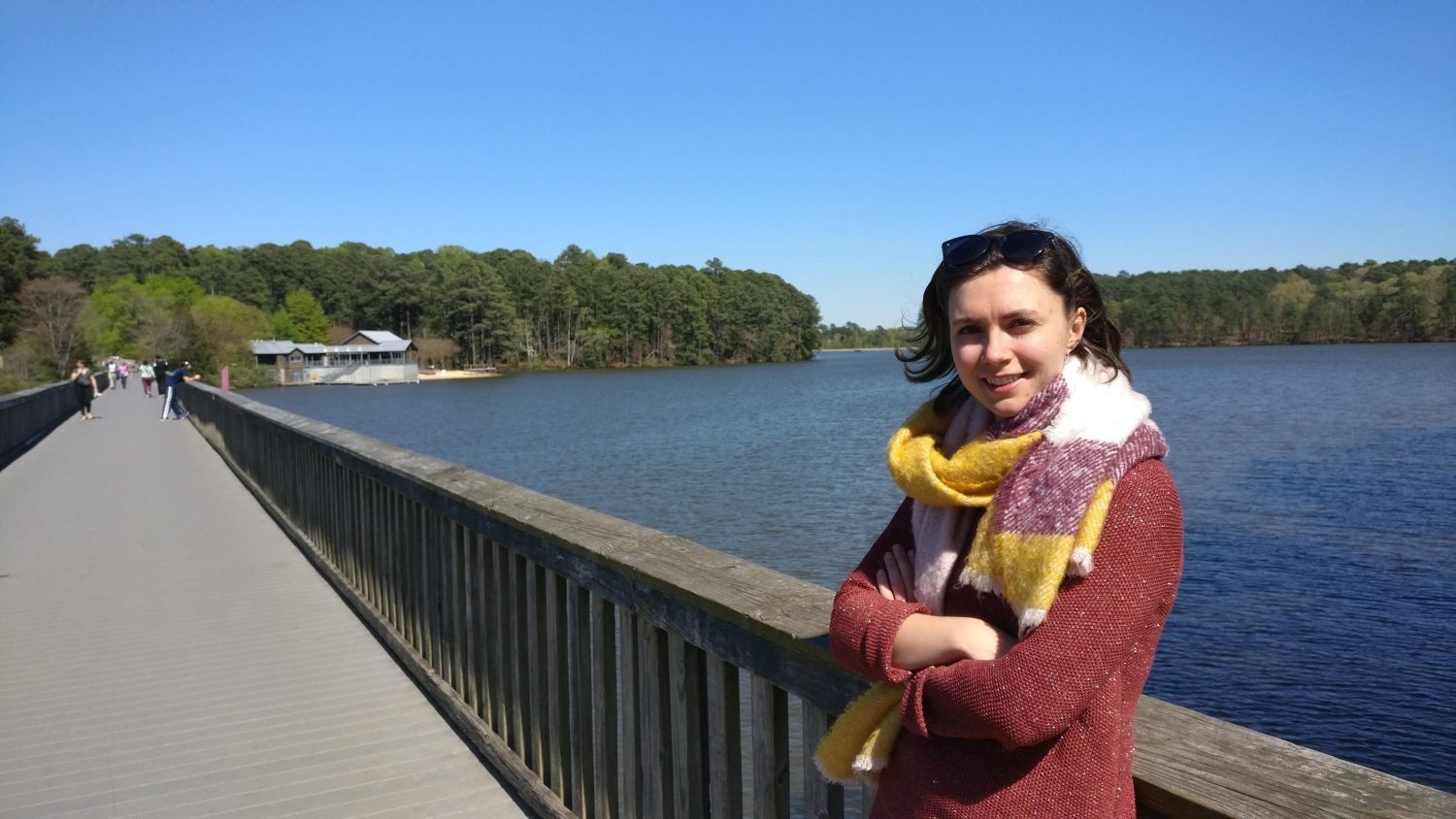Practicum Education
Resources for students as well as current and potential agencies.
What is a Practicum Education?
Practicum education is the most essential component of social work education. The Council on Social Work Education (CSWE) – our accrediting body – calls it the signature pedagogy of social work education.
While classroom learning focuses on discrete knowledge and theoretical background, your practicum placement (what other disciplines refer to as internships) will expose you to a wide range of problems and possibilities.
Unlike cognate disciplines, all accredited social work programs require students to complete at least one practicum placement before they graduate. Undergraduate social work students complete one block placement in their final semester. Students in the two-year MSW program complete a year-long placement both years. Advanced Standing MSW students complete one year-long practicum placement.
Practicum placement is a meaningful experience that allows students to practice social work skills under the guidance of an experienced social worker and to gain work experience before entering the job market.
Director of Practicum Education, Dr. Stephanie Francis
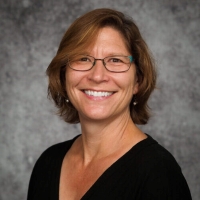
Dr. Stephanie Francis, PhD, MSW, MSRA, is the Director of Practicum Education and a senior lecturer in the School of Social Work. She earned her PhD in Social Work and Master’s degree in Social Work from The University of North Carolina at Chapel Hill. She also holds a Master’s degree in Therapeutic Recreation. Her direct practice experience includes work with victims and survivors of domestic and sexual violence.
MSW Practicum Coordinator, Professor Michelle Guarino
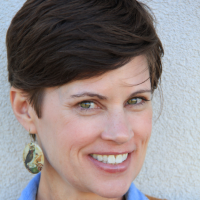
Michelle Guarino, MSW is the MSW Practicum Coordinator and a lecturer for the School of Social Work. She earned a Bachelor of Social Work from the University of North Carolina at Wilmington and a Masters of Social Work from New York University. Michelle is a Licensed Clinical Social Worker and has worked with gang-affiliated / high-risk youth and families since 1996.
What A Practicum Can Do for You
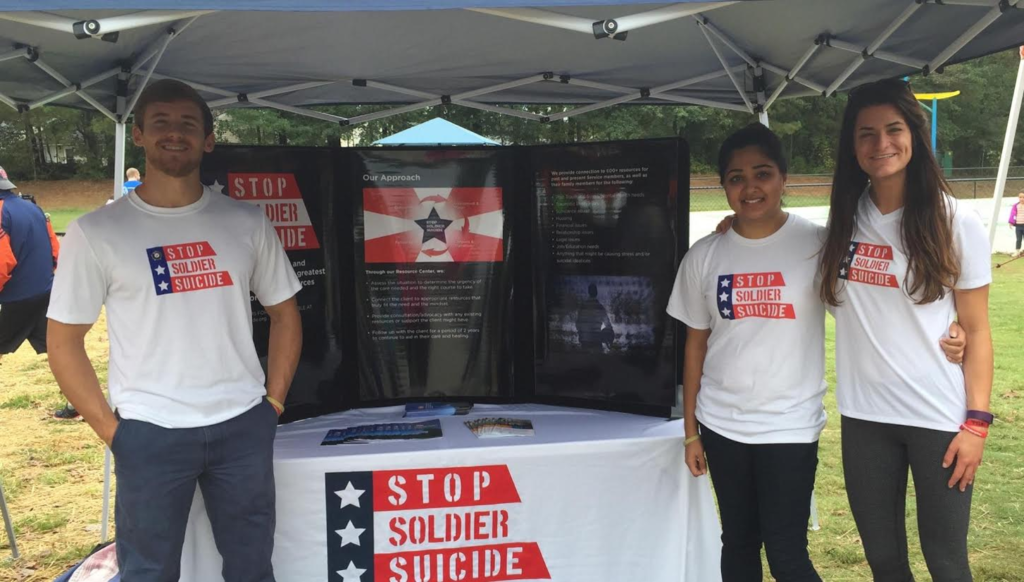
Social workers need particular knowledge and skills to work with individuals, families, groups and systems. Practicum education gives you the opportunity to assess these situations and to develop, implement, and evaluate social interventions. Your placement will prepare you to engage in culturally-competent practice with diverse client populations, with particular attention to historically oppressed populations and a variety of populations at risk.
Practicum education integrates classroom and on-site experiences. These combined opportunities allow you to apply your knowledge of social and economic injustice and inequality. You will learn to see how inequality and injustices are created and maintained by structural arrangements made up of dominant and subordinate social groups based on race, class, gender and sexual orientation.
Whether you plan to explore social work from a micro or macro perspective, you will be able to critically analyze social structures and how they impact individuals, families, groups and systems.
